Photo by 42 North from Pexels
Carpal Tunnel Syndrome (CTS) is a common condition that affects the hand and wrist, causing pain, numbness, and tingling. While conventional treatments such as wrist splints, medications, and surgery are widely known and certainly help, acupuncture with electric stim and manual therapy can also really help to improve this condition.
Here’s an understanding of the basics of Carpal Tunnel Syndrome; CTS occurs when the median nerve, which runs from the forearm into the palm of the hand, becomes pressed or squeezed at the wrist. This compression can result in various symptoms, including pain, numbness, and weakness in the hand and wrist. If this continues, weakness and even atrophy of the thumb pad and other hand muscles can occur.
Acupuncture for this chronic condition is now widely available and extremely useful, especially if it hasn’t gone on for months.
HOW ACUPUNCTURE MAY HELP CARPAL TUNNEL SYNDROME
1. Improved Blood flow:
The insertion of acupuncture needles enhances blood circulation. Improved blood flow can contribute to the regeneration of damaged tissues and reduce inflammation, potentially easing symptoms of CTS.
2. Targeting muscles:
Acupuncture may help relax tight muscles and alleviate tension in the affected area. This muscle relaxation can lead to reduced pressure on the median nerve, offering relief from symptoms.
3. Nerve Stimulation:
By targeting specific acupuncture points associated with nerve pathways, acupuncture may influence the way nerves transmit signals. This modulation could potentially help address the nerve compression characteristic of Carpal Tunnel Syndrome.
CASE STUDY
One of my patients is a potter, and is used to working with his hands. Having undergone more than one surgery for his CTS, his thumb pads were quite atrophied when he came to see me. He also experiences tingling and numbness in his first three fingers. This is typical of carpal tunnel syndrome. Unfortunately, I didn’t work with him before his surgery, so there’s an accumulation of some scar tissue at the carpal area again pressing on the nerve. I focused on the tight flexor muscles involved, using electric stim and then targeted the atrophied thumb pad muscles, also doing electric stim. I followed this with manual therapy, some liniments and saw him twice in one week. After the 2nd session, he reported that he could feel muscles in his thumb and was able to feel and have better use of his thumb. So gratifying! I love helping people continue their passions; whether it be painting, pottery, playing an instrument, exercise, or simply being able to open and close a jar. Seemingly simple tasks we take for granted until we can no longer do them.
Acupuncture presents itself as a promising alternative treatment for Carpal Tunnel Syndrome, offering a holistic approach to pain management and symptom relief. While acupuncture may not replace conventional treatments, it could potentially complement existing therapies in the pursuit of improved hand and wrist health.
Whether you’re a musician, an artist, or just love tooling around using your hands, acupuncture may give you relief for your carpal tunnel symptoms. Always see a Licensed Acupuncturist (L.Ac) to ensure you are getting the highest quality care.









